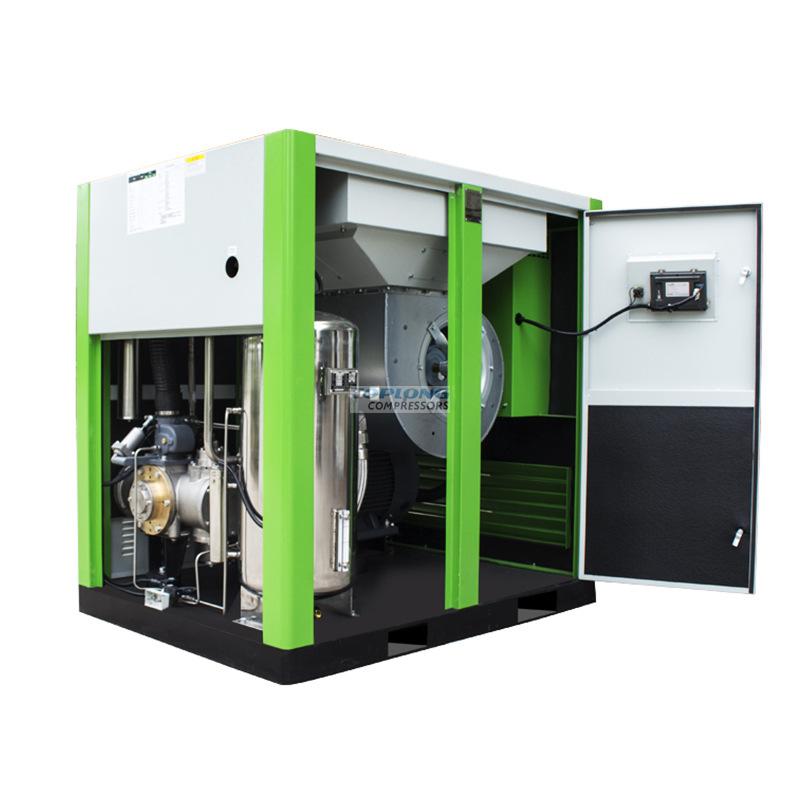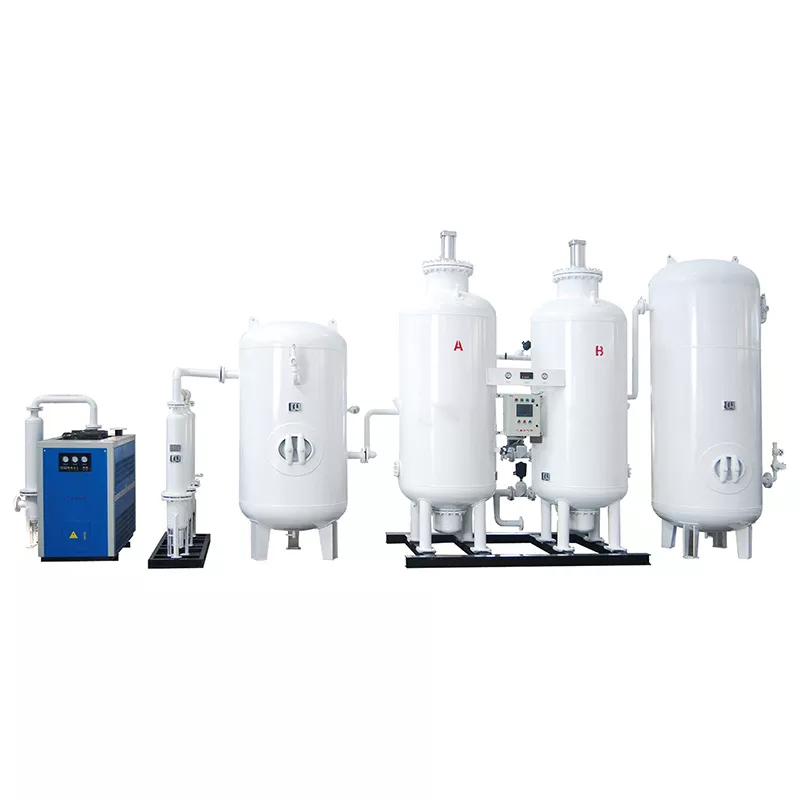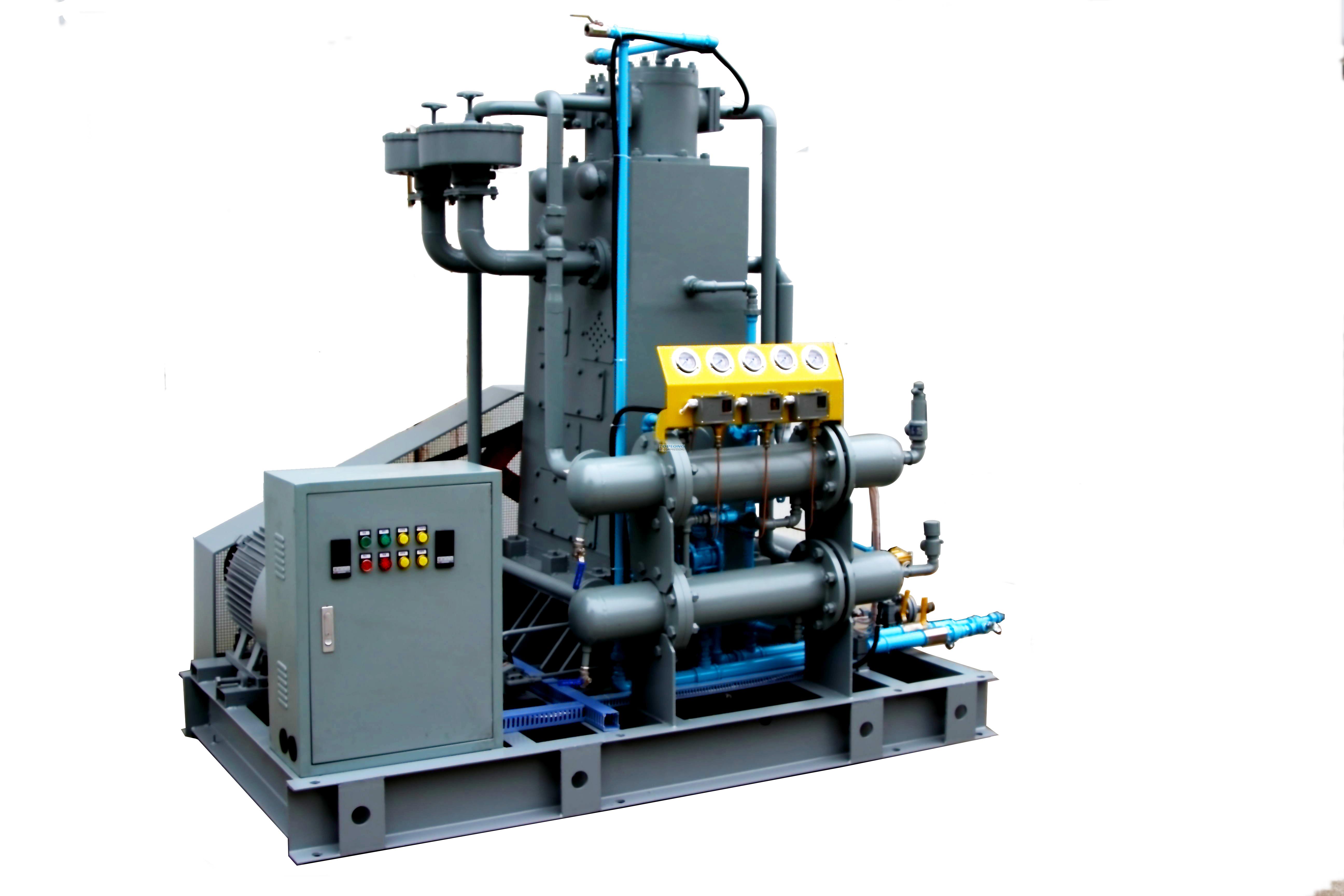How does an oil free air compressor work?
Introduction
In the realm of industrial machinery, the oil free oxygen compressor stands as a marvel of engineering. These compressors are essential in various applications, from medical facilities to food and beverage industries. But how does an oil free air compressor work? Let's delve into the mechanics and benefits of this indispensable equipment.
The Basics of Oil Free Air Compressors
Understanding the fundamental principles of an oil free oxygen compressor is crucial. These machines are designed to compress air without the need for oil lubrication, which sets them apart from traditional compressors.
Compression Mechanism
The core of an oil free oxygen compressor lies in its compression mechanism. Unlike oil-lubricated compressors, these devices use alternative materials such as Teflon or carbon to reduce friction. This ensures that the air remains free from oil contaminants, making it ideal for sensitive applications.
Stages of Compression
Oil free air compressors typically operate in multiple stages. Each stage progressively compresses the air to achieve the desired pressure. The absence of oil ensures that the compressed air is pure and suitable for applications requiring high levels of cleanliness.
Advantages of Oil Free Air Compressors
Oil free oxygen compressors offer several advantages over their oil-lubricated counterparts. These benefits make them a preferred choice in many industries.
Purity of Compressed Air
One of the primary advantages of an oil free oxygen compressor is the purity of the compressed air. Since there is no oil involved in the compression process, the risk of contamination is eliminated. This is particularly important in industries such as pharmaceuticals and food processing, where air purity is paramount.
Maintenance and Longevity
Oil free air compressors require less maintenance compared to oil-lubricated models. The absence of oil means there are fewer components that need regular servicing. This not only reduces maintenance costs but also extends the lifespan of the compressor.
Environmental Impact
Using an oil free oxygen compressor is also beneficial for the environment. Without oil, there is no need to dispose of contaminated oil, which can be harmful to the environment. Additionally, these compressors are often more energy-efficient, reducing their overall carbon footprint.
Applications of Oil Free Air Compressors
The versatility of oil free air compressors makes them suitable for a wide range of applications. Let's explore some of the key areas where these compressors are indispensable.
Medical and Healthcare
In the medical field, the purity of compressed air is critical. Oil free oxygen compressors are used in hospitals and clinics to provide clean, breathable air for patients. They are also essential in the production of medical devices and pharmaceuticals, where any contamination can have serious consequences.
Food and Beverage Industry
In the food and beverage industry, maintaining hygiene standards is crucial. Oil free air compressors are used to power various equipment, ensuring that the air used in the production process is free from contaminants. This helps in maintaining the quality and safety of the products.
Electronics Manufacturing
The electronics industry also benefits from the use of oil free oxygen compressors. These compressors provide clean air for the manufacturing process, preventing any contamination that could damage sensitive electronic components.
Conclusion
In conclusion, the oil free oxygen compressor is a vital piece of equipment in many industries. Its ability to provide pure, uncontaminated air makes it indispensable in applications where air quality is of utmost importance. From its unique compression mechanism to its numerous advantages and wide-ranging applications, the oil free air compressor is a testament to modern engineering. Understanding how these compressors work and their benefits can help industries make informed decisions about their air compression needs.




